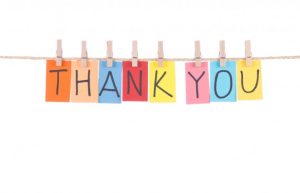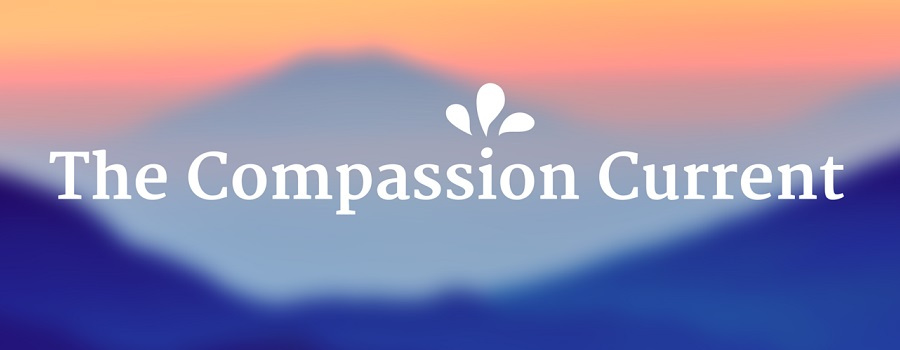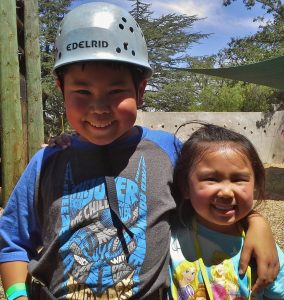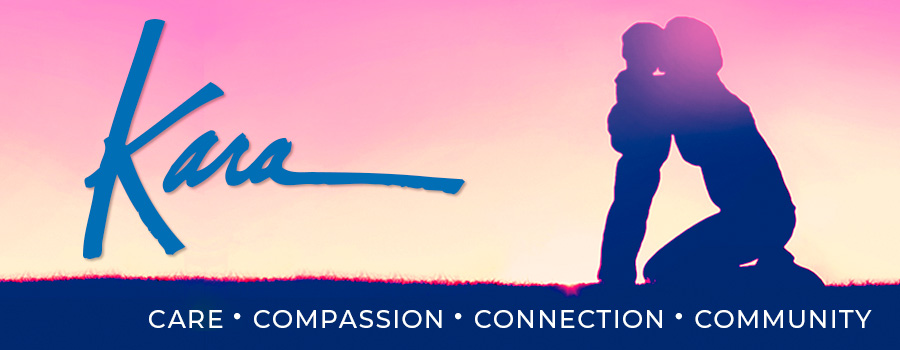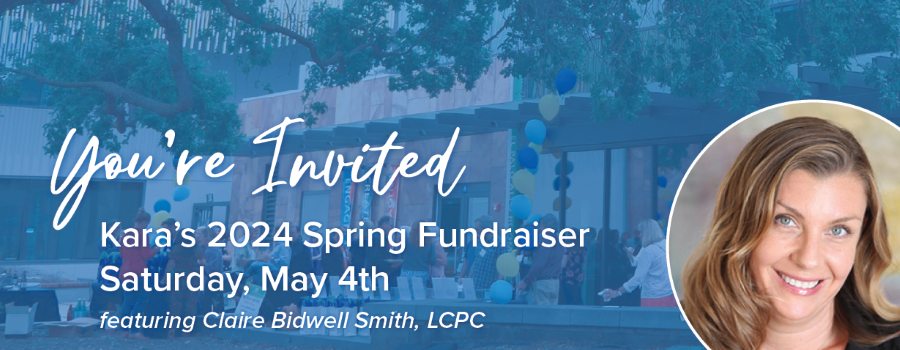July 2016 E-News

Fathers Grief Retreat – TGF
July 7, 2016
Programa de Reducción de Estrés Basado en Mindfulness
July 18, 2016
In this month’s edition of The Compassion Current, we continue to cruise through our summer. The 4th of July has come and gone and we’re already looking forward to the end of July with our 9th annual Camp Erin (7/29 – 7/31), a weekend camp for children ages 6-17 who have experienced the death of a loved one. This special camp, so full of love and hope, has the power to enrich and heal, connect and inspire both campers and counselors alike.
Continue reading as we share about our newest Drop-In Groups in Spanish in both our Palo Alto and San Mateo offices, new support groups starting in the fall, and the mid-year fund appeal letter that just went out. We are continuously grateful for the opportunity to work with the bereaved in our community. Thank you!
With gratitude,
Executive Director
Give the Gift of Hope to Grieving Children and Families this Summer
“I felt happy – really happy – for the first time since my mom died.” – 9 year-old Camper
As summer is a time generally focused on families, July pairs well for our annual mid-year fund appeal, which focuses on the services, such as Camp Erin, that Kara provides to the youth and families within our communities. This month, we recently mailed out our mid-year fund appeal, which highlights what Kara has meant to families following the death of a family member or loved one. Youth & Family Program Participants have stated:
“My group allowed me the courage to face my fears and feelings. I found out I was not actually alone on this journey.”
“At Kara, I feel understood. It has provide me with a healthy outlet to speak about my losses and connect with others who have also lost a child.”
When you make a donation to Kara, YOU make it possible for children and families to rebuild their lives, even after the most difficult of losses within a family. By donating today, your gift gives children and families a safe place to grieve, to be understood and to find meaning and hope.
Thank you so much for your generous support!
Kara Spotlight: Donnovan Somera Yisrael
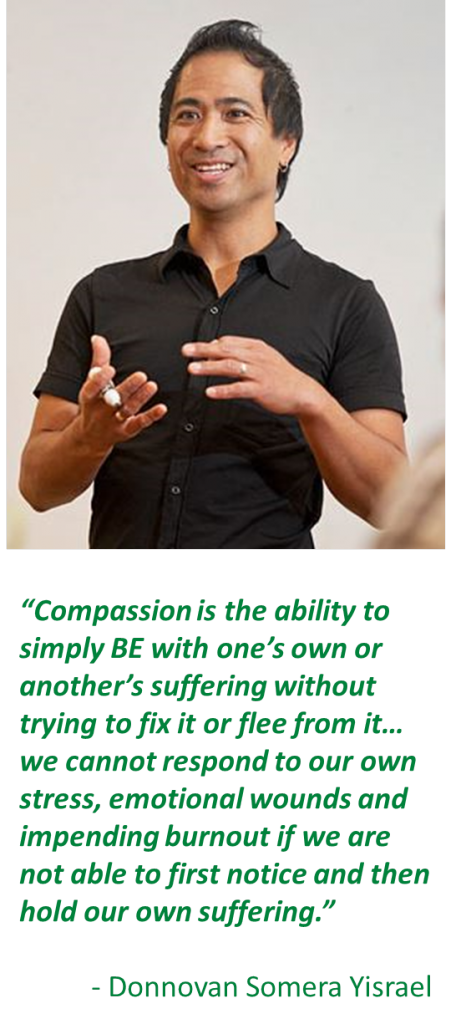
In our Kara Spotlight section each month, we highlight individuals from within our Kara community. This month, we focus on Donnovan Somera Yisrael, a long-time supporter of Kara and especially within our Youth & Family Program. For over 20 years, Donnovan has been an instructor, presenter, and consultant with Stanford University. He is currently the Manager of Sexual and Emotional Health Programs at the University’s Vaden Health Center. Before arriving at Stanford, Donnovan served as the director of the AIDS Prevention Program at the YWCA of the Mid-Peninsula and the AIDS Is Real Project for the San Mateo County AIDS Program. In addition, Donnovan lectures at schools throughout the San Francisco Bay Area and beyond. He brings with him extensive experience as a wellness and prevention educator working with young people of all ages. Donnovan enjoys spending time with his wife Aly (also a Kara volunteer) and his daughters, Isaiah and Avishai, as well as doing other activities that are of the spirit and the heart. He is also a self-proclaimed hockey (ice and roller) and in-line skating fanatic and instructor. He recently presented a TEDx Talk on Settling for Health and Happiness.
How did you get involved with Kara?
As is true of many Kara volunteers and staff, I came to Kara as a client first. This was after my daughter Micah died of a seizure disorder in the spring of 2006. I am a Community Outreach volunteer, and this summer will be my 8th year as a counselor at Camp Erin. I co-lead the child-loss group during the summer months because that is when my schedule allows, and it helps to give the regular facilitators an opportunity for a longer break.
You work at Stanford as an Educator of Wellness, Health, and Relationships. How has your professional life influenced your work at Kara and visa versa?
I divide my career in health education into two parts: “survive” and “thrive.” The survive part was spent understanding and educating about more traditional health education topics: helmet use, sexual health, healthy body image, alcohol and other drugs, gender violence prevention, etc. I still do all of these things, but it was actually my daughter’s death and the subsequent transformation that I went through that led to the “thrive” part of my career. My own “aha” moments in regards to emotional and spiritual intelligence led me to want to share this with people through my work. I began sharing what I had learned about emotional intelligence with student staff (i.e. RAs in training) as way to care for students, but it was not a topic I shared with the general student body until the campus suffered a very high profile student suicide. I was asked to meet with the students who were in the first-year dorm with this student. It was clear that it was time to make my emotional intelligence talk available to everyone. This workshop on emotional intelligence and grief came to be known as “You Can’t Be Happy If You Can’t Be Sad.”
These teachings point to the concept of “Post-Traumatic Growth”, this newer counterpart to Post Traumatic Stress Disorder. I feel so strongly that through amazing organizations like Kara, we can provide those going through severe adversity, trauma and loss with the tools to change their trajectory from PTSD to PTG. And, in case you were wondering, my personal theory is that these crucial “tools” are loving care and wisdom and perspective about life and death.
You once said, “Real love is a behavior, not a feeling.” Could the same be true for grief? Though you mentioned love in particular, how do those words resonate for your understanding and experience of grief?
Great question. Above, you mention a very significant paradigm shift in how we think about love…from a passive feeling to action. I love to share with people that the “action” word with grief is ‘allowing.’ A refrain in the grief field is “there is no bad way to grieve.” I disagree. Yes, there are many ways to grieve but the one “wrong” way to grieve is to NOT grieve. What I mean by that is, to NOT allow grief to arise and to NOT address our grief. Now that doesn’t mean that every moment is a convenient time to have a grief burst; we might need to shut it down for a bit until we have a time and place to let it flow. But if we are continually shutting it down, running from our grief to distractions and eventually addictions, well, I think everyone would agree that this is not healthy grieving, IF it is grieving at all. I do agree that everyone has a different timeline but at some point one’s grief must be faced and integrated in order to find a way to live well with the “new normal” and avoid destructive behaviors.
So, back to the original question: I guess it would be helpful to think about grieving as a set of behaviors in addition to conceiving of it as simply a set of feelings.
As an instructor on Wellness, what do you do for your own wellness and well-being and how do you make time for it in the business of everyday life?
This is a crucial topic for folks in the field of grief and it is especially relevant for me at the moment as I have taken on a very significant increase in my workload due to some very exciting projects. Self-care is a huge topic and can basically include EVERYTHING that one could do or have done for themselves to help them live a good life…too much to fully get into here. What I will share is what I think is foundational for self-care, and that is self-love and self-compassion. Compassion is the ability to simply BE with one’s own or another’s suffering without trying to fix it or flee from it. Very simply, we cannot respond to our own stress, emotional wounds and impending burnout if we are not able to first notice (emotional intelligence) and then hold our own suffering (compassion). What I know from the research as well as my own life experience is that loving kindness and compassion towards oneself make our lives better even before we get better at life. And this is because we stop spending energy resisting what is good for us.
For example, a Kara volunteer may have a very painful meeting with a client, and at the end of the day their body may be asking them to “put down” the burden that they helped hold during their session. But if they have not worked the muscle of self-compassion, they may judge that and say (consciously or not)“I can’t stop thinking about my client or I am letting them down ”or “I must do more.” These are fine thoughts but the effective outcome is that the Kara volunteer is not sleeping, their heart is in distress and the next day or week, they are a wreck. There is a sense of “I don’t deserve goodness if others in the world are suffering” or “if I tense up my body all night it is going to help my client”. Self-compassion gives me permission to heap the same love and attention and recommendations on me as I would for a client so that I may wake up the next day refreshed, rejuvenated and ready to give my all to those who need it.
KARA UPDATES
Upcoming Men’s Group:
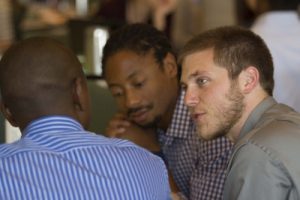
In the fall, Kara will offer a Men’s Grief Support Group. This group is offered twice a year and meets for 12 weekly sessions – typically 7:00 – 8:30 pm in the Palo Alto location. The group is designed for men who have recently had a significant person in their life die. The group provides a safe and a supportive environment for men to share their experiences and feelings as well as learn about the grieving process.
12 Weekly Meetings, Thursdays
Next Group Begins in October
An initial interview is required before enrolling in the group. Although no fee is required for participating in this group, regular donations are suggested and appreciated. For more information, call us at 650-321-5272.
Spanish Drop-In Grief Support Group:
Kara now offers Drop-In Grief Support Groups in Spanish in both our Palo Alto and San Mateo office locations. The group provides a safe, supportive, and culturally relevant environment to express feelings and learn about grief.
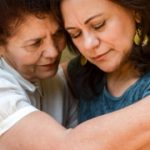 Palo Alto location
Palo Alto location
3rd Tuesday at 10:30 am
and
San Mateo location
2nd & 4th Wednesdays at 11:00 am
For more information, please call Andrea Cordovez at (650) 321-5272, ext. 24.
Drop-In Groups:
Kara offers general Drop-In Grief Support Groups for adults who have experienced the death of a significant person in their life. The group provides a place for those who are grieving to share their feelings and learn about the grieving process in a safe and supportive environment.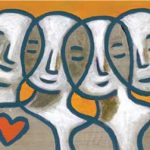
1st and 3rd Wednesdays of the month – (7:00 – 8:30 pm)
2nd and 4th Tuesdays of the month – (1:00 – 2:30pm)
Please see our calendar for the next Drop-In Group being held.
Sibling Loss Group Starting This Fall:
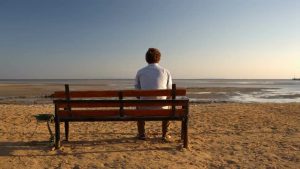 The group is designed for adults who have recently had a sibling die. This group is offered twice a year and meets twice a month for 12 total sessions in the evenings from 7:00 – 8:30 pm at the Palo Alto location.
The group is designed for adults who have recently had a sibling die. This group is offered twice a year and meets twice a month for 12 total sessions in the evenings from 7:00 – 8:30 pm at the Palo Alto location.
12 Meetings on Wednesdays
Next Group Begins in October
An initial interview is required before enrolling in the group. Although no fee is required for participating in this group, regular donations are suggested and appreciated. For more information, call us at 650-321-5272.
PARTNER & ADVOCACY CORNER
We Are Grateful For You!
A special thank you this month goes out to Cisco Systems Foundation and the Facebook Community Fund. Their partnership and generous gifts make a real difference in the lives of children, families, and adults in our community working with their grief. WE THANK YOU!
